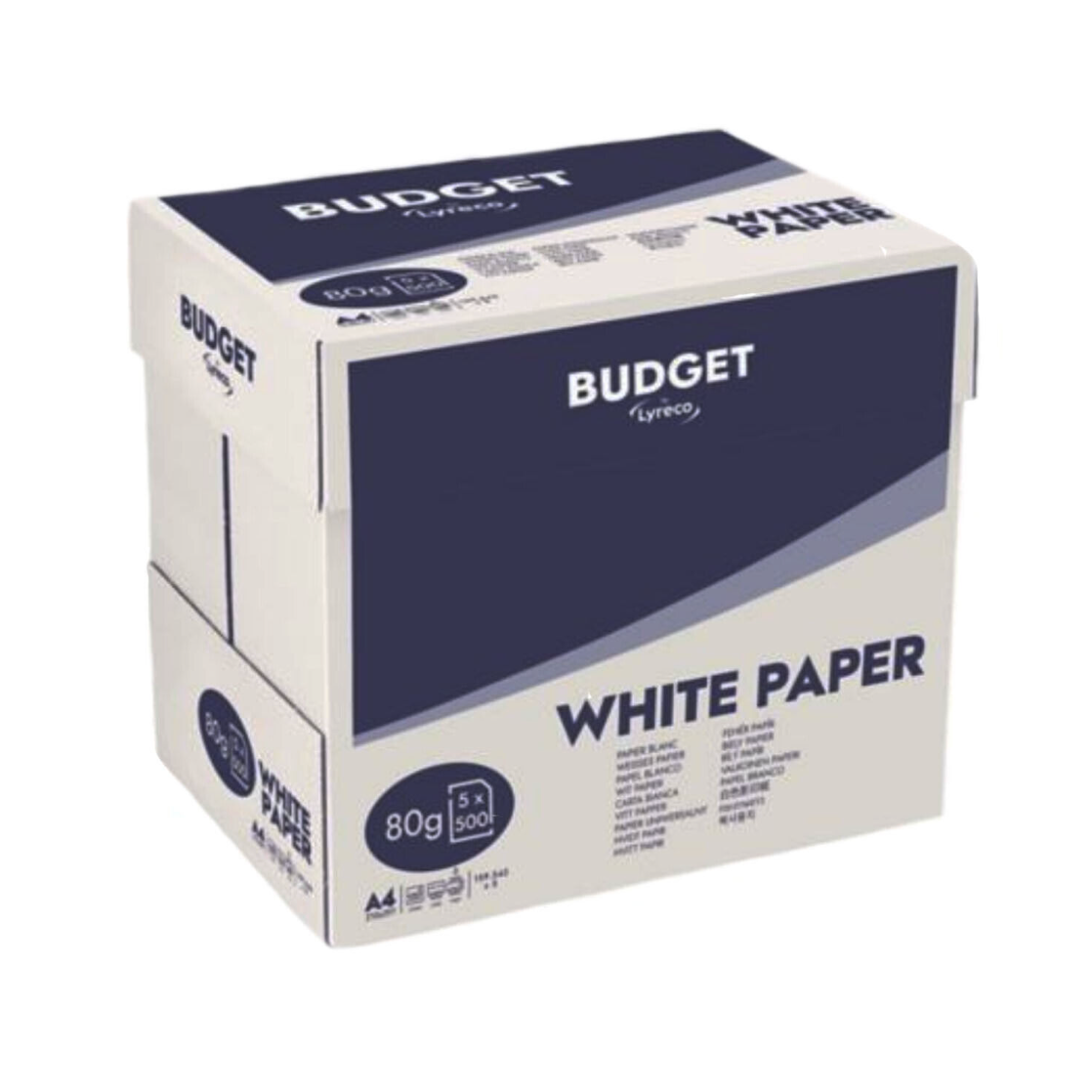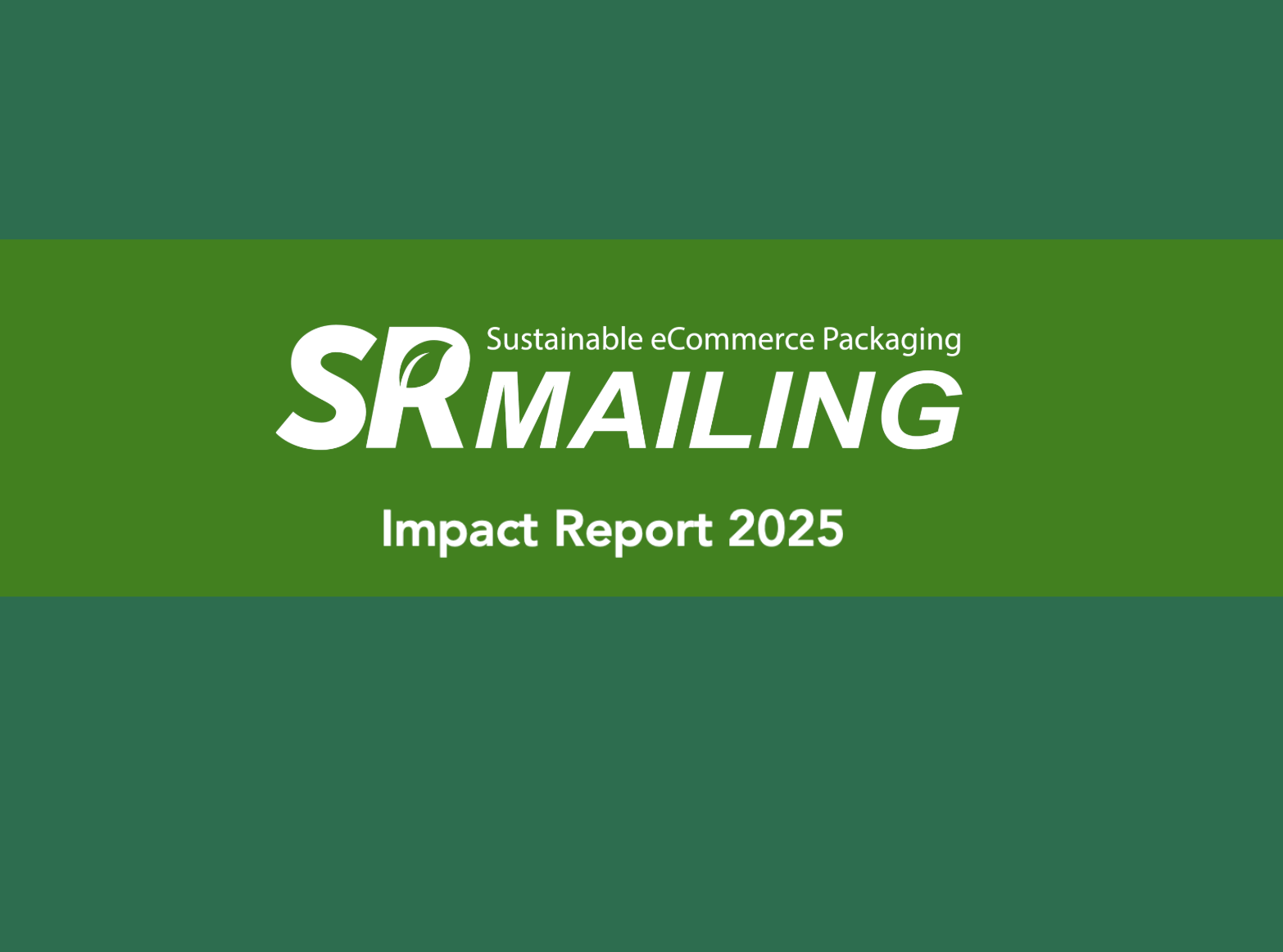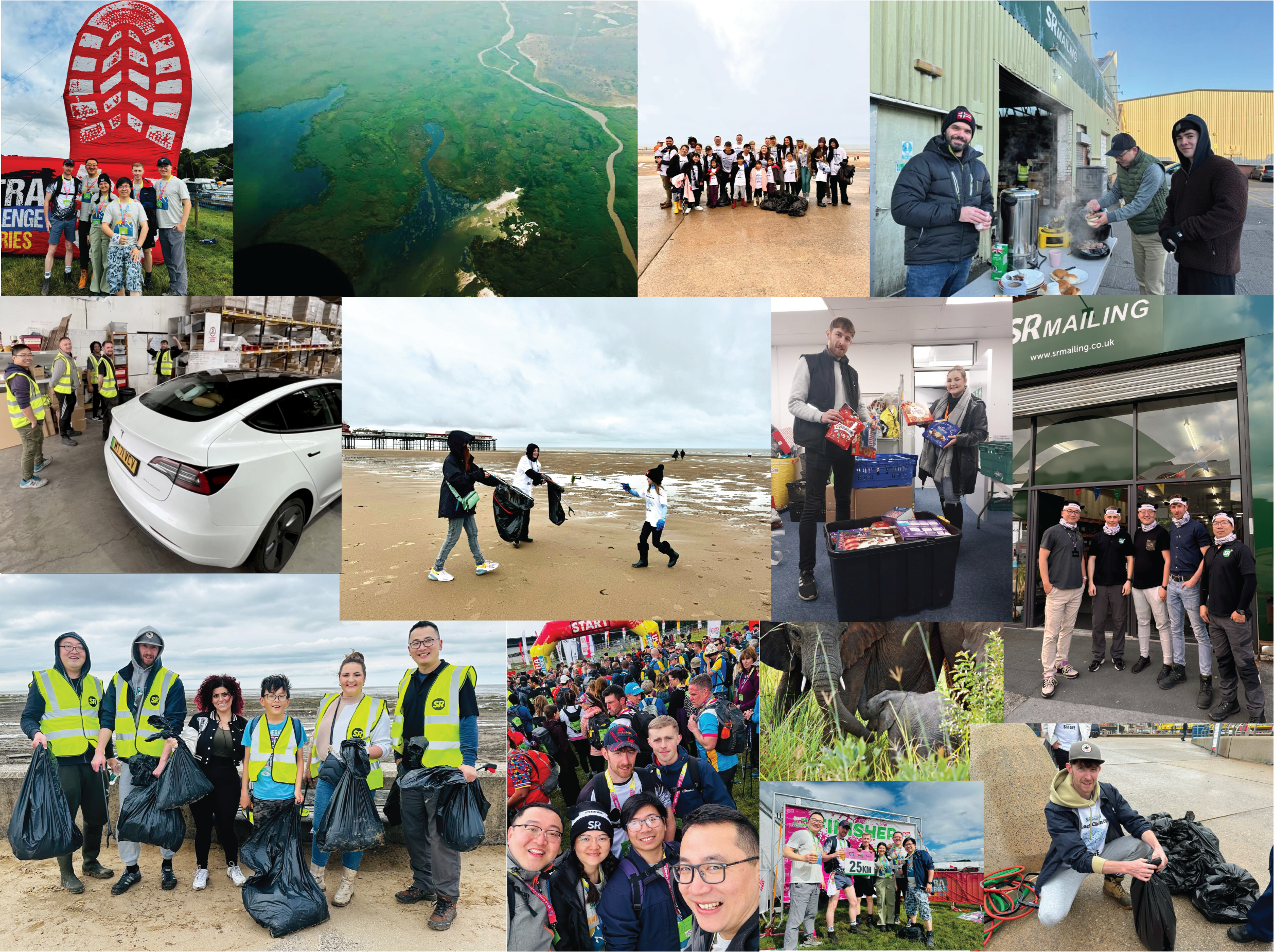-
Reduce, Reuse, Recycle:
- Reduce: Opt for products with minimal packaging. Buy in bulk to reduce individual packaging.
- Reuse: Consider using cloth bags, reusable containers, and water bottles. Donate or repurpose items instead of discarding them.
- Recycle: Familiarize yourself with local recycling guidelines. Separate recyclables and dispose of them properly.
-
Conserve Energy:
- Turn off lights and electronics when leaving a room. Consider using smart plugs or timers to automate this process.
- Use energy-efficient appliances with the ENERGY STAR label.
- Seal gaps and insulate your home to maintain a comfortable temperature and reduce the need for heating or cooling.
-
Water Conservation:
- Fix leaks promptly by checking faucets, pipes, and irrigation systems.
- Install a low-flow toilet and faucet aerators to reduce water consumption.
- Collect rainwater for watering plants and gardens.
-
Use Sustainable Transportation:
- Walk, bike, or use public transportation for short distances.
- Carpool with colleagues or friends to reduce the number of vehicles on the road.
- Consider hybrid or electric vehicles for your next car purchase.
-
Shop Responsibly:
- Bring your own reusable bags when shopping.
- Choose products with minimal or recyclable packaging.
- Support local businesses and farmers' markets to reduce the environmental impact of long-distance transportation.
-
Conscious Eating:
- Consume less meat and opt for plant-based meals. This can significantly reduce your carbon footprint.
- Choose sustainably sourced seafood to support responsible fishing practices.
- Plan meals to minimize food waste, and compost food scraps when possible.
-
Plant Trees and Maintain Green Spaces:
- Participate in local tree-planting events or start your own initiative.
- Volunteer for community cleanups to maintain green spaces.
- Advocate for the preservation of local parks and natural habitats.
-
Limit Single-Use Items:
- Carry a reusable water bottle, coffee cup, and utensils.
- Say no to plastic straws and bring your own reusable alternatives.
- Choose products with minimal or no single-use packaging.
-
Educate Yourself:
- Stay informed about environmental issues through reputable sources.
- Share information with others to raise awareness about the importance of sustainable practices.
-
Contribute to Cleanups:
- Join or organize cleanups in your community to remove litter from streets, parks, and beaches.
- Properly dispose of collected waste and recycle items when possible.
-
Switch to Renewable Energy:
- Explore options for installing solar panels or consider renewable energy plans offered by utility providers.
- Advocate for clean energy policies in your community.
-
Compost Organic Waste:
- Start a compost bin for kitchen scraps like fruit and vegetable peels, coffee grounds, and eggshells.
- Use the compost in your garden to enrich the soil.
-
Support Conservation Organizations:
- Contribute financially or volunteer for organizations focused on environmental conservation.
- Stay involved in community-based conservation projects.
-
Mindful Water Usage:
- Install low-flow showerheads and faucets to reduce water consumption.
- Collect and reuse water when possible, such as using rain barrels for outdoor irrigation.
-
Encourage Sustainable Practices:
- Share eco-friendly tips and information on social media to inspire others.
- Encourage friends and family to adopt sustainable habits by explaining the positive impact on the environment.
By incorporating these practices into your daily routine, you contribute to a more sustainable and eco-friendly lifestyle. Remember, every small action counts, and collective efforts lead to positive change.




